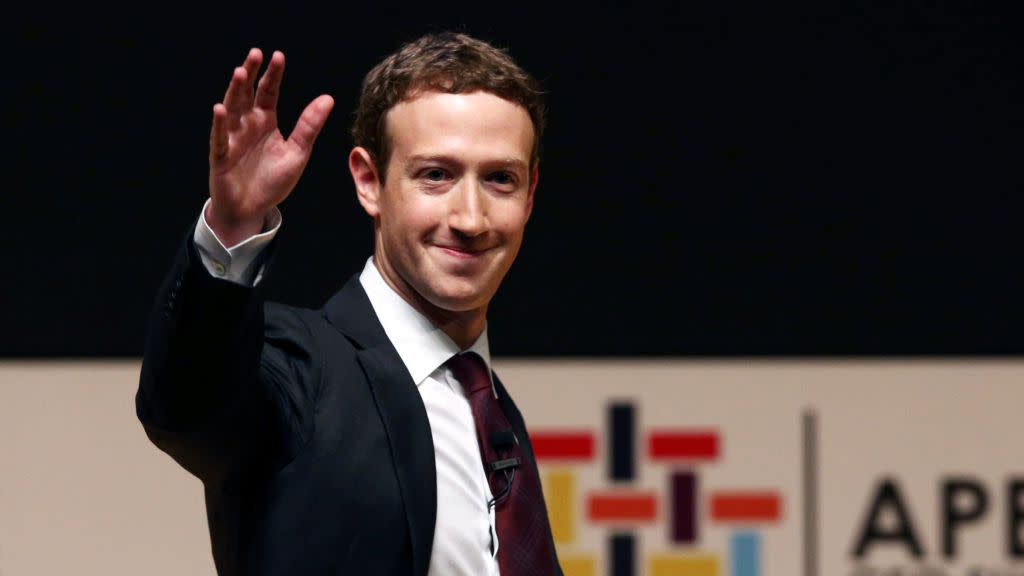Mark Zuckerberg’s 2017 resolution is to meet people in real life

In 2016 he ran 365 miles. In 2015 he read 25 books.
But Facebook CEO Mark Zuckerberg’s 2017 resolution might just be his most radical yet: meeting people in real life.
“My personal challenge for 2017 is to have visited and met people in every state in the US by the end of the year,” he announced today on Facebook. “After a tumultuous last year, my hope for this challenge is to get out and talk to more people about how they’re living, working and thinking about the future.”
Zuckerberg says that will require him to visit about 30 states by the end of the year. By making the rounds across the country, he’s sure to stoke speculation that he might someday like to run for political office. (Coincidentally, he recently negotiated that he could serve two years in government without losing control of his company.)
There is, of course, a certain irony in Zuckerberg—billionaire, social media king, and man on an oft-declared mission to “connect the world” through technology—deciding that after a year of social and political upheaval, he could benefit from engaging in person with more of America. But many people who found themselves on the losing end of the US presidential election vote have wondered what they don’t understand about their fellow countrymen. Zuckerberg apparently is taking some action to figure it out.
2016 shook many of the beliefs that are core to Facebook’s mission, and to Zuckerberg’s stance that internet connectivity is a human right and force for social good. Facebook was roundly criticized for spreading political propaganda, hyperpartisan content, and demonstrably false stories ahead of the US presidential election. Zuckerberg, after initially recoiling at the idea that fake news on his platform could have influenced the vote, later vowed to “take misinformation seriously.”
The year also revealed a more foundational problem: the echo chambers of opinion, or “filter bubbles,” that thrive on Facebook’s platform. Eliminating fake news is not an easy task, but even if the company were able to do it, many Facebook users would likely remain insulated from anything that challenged their existing beliefs. Political polarization on the site is so severe that when the Guardian last year asked 10 US voters (five conservatives, five liberals) to try living on the other side of the feed, one compared their experience to waterboarding, and another called it “frightening.”
It’s here that Zuckerberg might be rightly starting to question what Facebook’s audacious mission has accomplished. Is it really connecting the world? Or, in the relentless pursuit of more users, more likes, and, above all else, more advertising revenue, is it connecting people to others who think just like them?
“For decades, technology and globalization have made us more productive and connected,” Zuckerberg writes. “This has created many benefits, but for a lot of people it has also made life more challenging. This has contributed to a greater sense of division than I have felt in my lifetime. We need to find a way to change the game so it works for everyone.”
Meeting, understanding, connecting. That’s the goal for 2017. It won’t be done through Facebook.

Sign up for the Quartz Daily Brief, our free daily newsletter with the world’s most important and interesting news.
More stories from Quartz:

